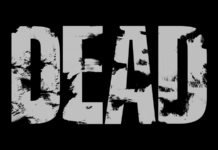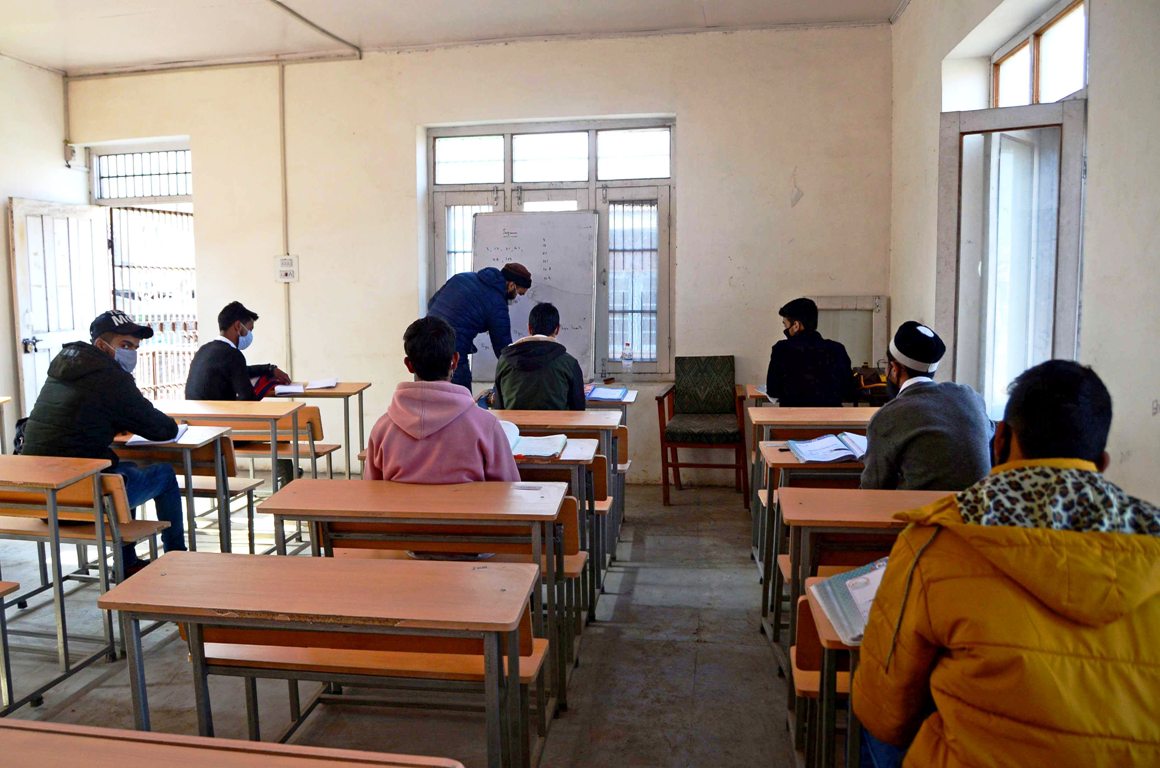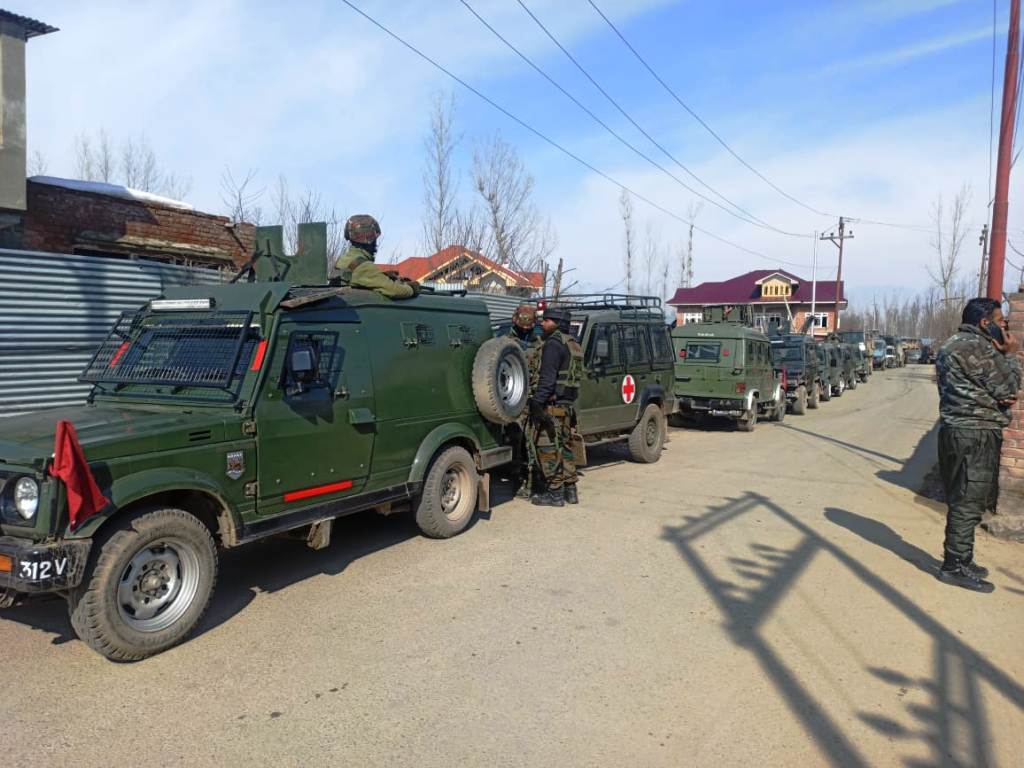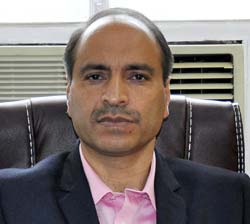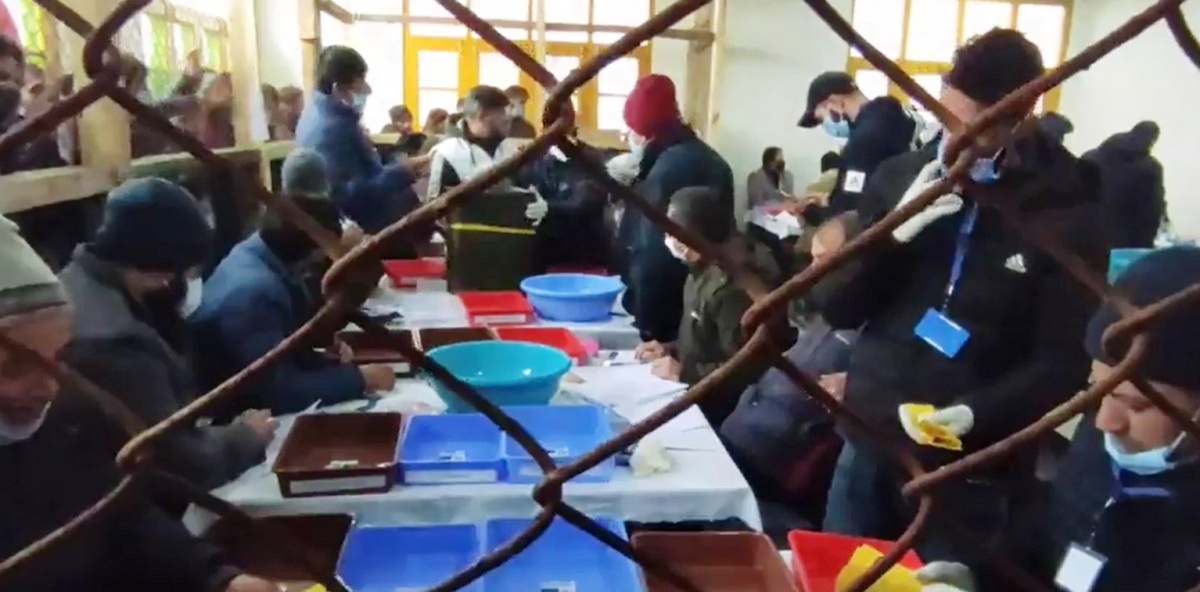JAMMU: Defending the decision of keeping the Toll Tax regime untouched in the GST era that he introduced, Finance Minister Dr Haseeb Drabu said it is vital to the policy making in the state.
“It is not a matter of revenue and that is too small an amount,” Drabu said. “It is vital to the requirements of the state to know what comes and how much. It is the only gateway we have and the information is required for the protection of the industry. Trade balance is something that we must always know and the gap in it is surging.”

Drabu said the toll tax has been there since 1938. Between 2003 and 2010, it increased by half and now it saw a marginal shift and it has suddenly become an issue. “Toll is more important for protection of local industry,” he said.
In his budget proposals, the minister had announced hiking toll rates on incoming walnuts to the State thereby making our own walnuts competitive.
Know, how much JK Govt spends daily and where from it earns
Reiterating that the imposition of toll is well within the legislative competence of the state government, Drabu said while entry tax and octroi have been subsumed in the GST, toll has been kept outside its scope. He announced doing away with toll on vegetables, medicines, sugar, salt, tea, soaps, detergents, sanitary items, water coconut, wheat seeds, tree spray oil, newsprint and jaggery (Gur).
On all other products manufactured by local industry toll will continue to be levied. Further, these products should be taken as identified for purchase through Government departments.
Drabu abolished the basic toll @ Rs. 80 in case of non commercial vehicles presently levied on all Light Motor Vehicles crossing Lakhanpur and Lower Munda.
“While there is no toll on export of apples, other fruits being exported outside State are charged toll @ Rs. 80 per quintal,” Drabu said. “On equity, I have decided to abolish toll on export of all types of fruits produced within the State. I am also abolishing toll on export of gypsum. All the above exemptions will cause a revenue loss of more than Rs. 100 crore.”
In order to create a unified single market within J&K and to extend relief to the general commuters/ transporters, Drabu decided to abolish Lower Munda and Heerpur Toll Posts wherefrom the state was earning Rs 22 crore annually.
To protect the local industry and encourage local manufacturers, toll from existing slab of Rs 80 per quintal was taken to Rs 100 per quintal.
“Post GST, it has been noticed that IGST settlement in some cases is not being received by the State. The purchaser/ dealer is either not declaring the State of destination or takes delivery of the commodities outside the State, thereby, depriving the state of its legitimate share of taxes,” Drabu said. It was in this backdrop that Drabu imposed additional tax on such goods, having destination of sale outside State but being brought for consumption in the State, equivalent to the rate of State Goods and Service Tax. This measure will also protect the interests of local traders.
‘Tobacco is hazardous for health. While cigarette, being similarly hazardous, is charged a toll of Rs. 4000 per quintal, tobacco (other than chewable) is charged a toll of Rs. 290 per quintal. In the larger health interest, I propose to raise the toll on tobacco, in all forms, from the existing Rs. 290 per quintal to Rs. 400 per quintal,” Drabu said.
Today the Finance mInister added pulses to the toll exemption.




